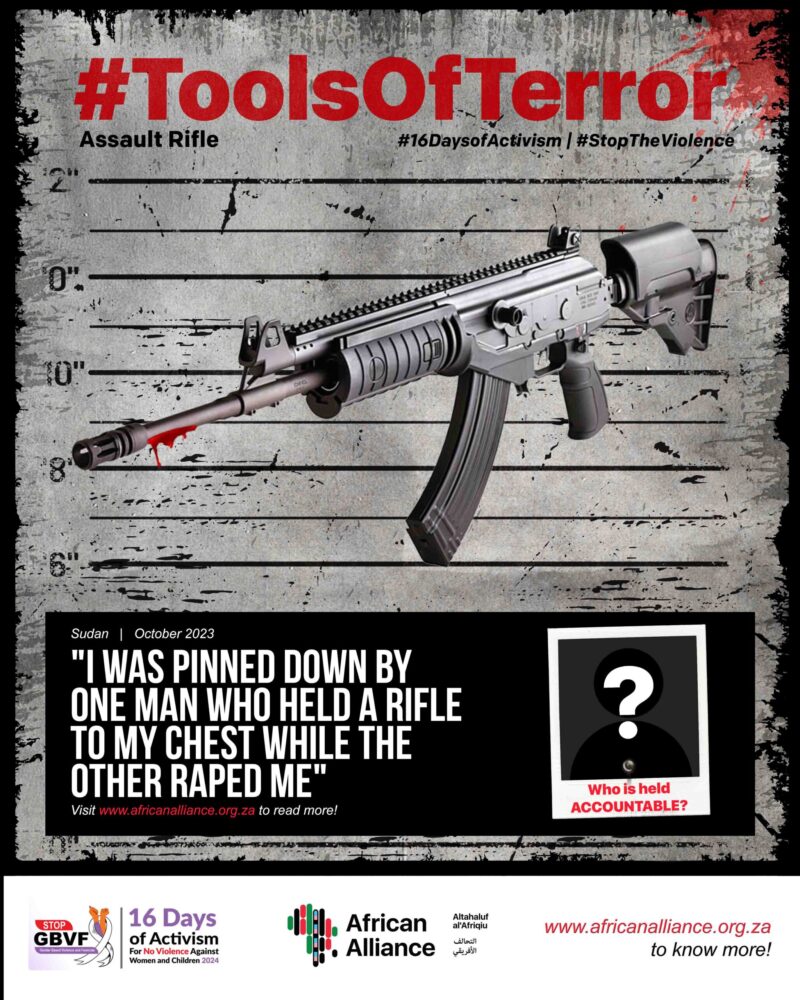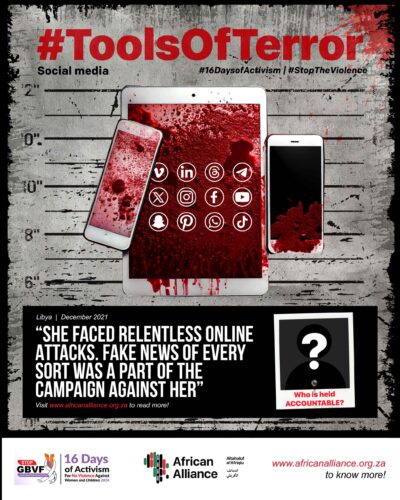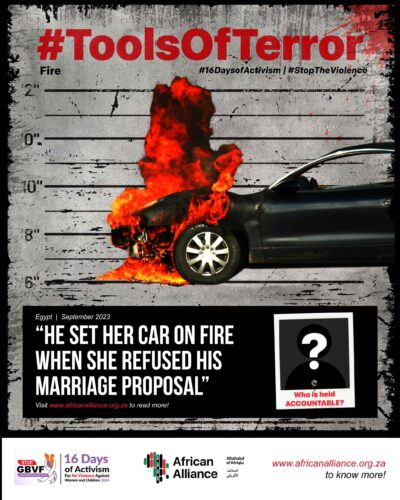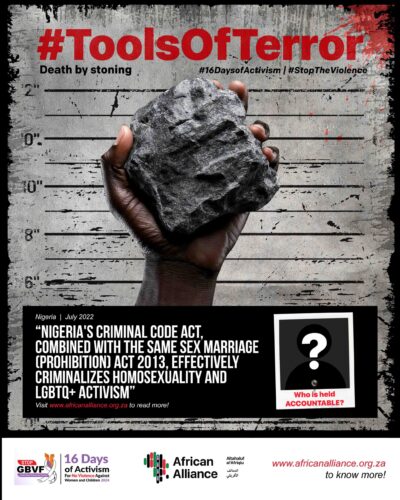
The Incidents
In 2023 in the state of Darfur in Sudan, women and children are facing rape, kidnapping, sex slavery, and ongoing sexual violence. Reports indicate that the known cases – already in the hundreds – are just the tip of the iceberg as targets are often made based as much on ethnicity as gender. Save the Children has highlighted cases involving children as young as 12.
The Wider Context
This violence occurs amid Sudan’s complex civil war which to date has resulted in 4.5 million people, close to a tenth of Sudan’s population, facing internal displacement due to the escalating conflict. The Sudan genocide gets little international attention in the face of competing conflicts in the Middle East and the Ukraine. To date, over a million people have already fled Sudan to Chad, where they live in substandard conditions in migrant camps.
A Survivor’s Story
Among the very few women who testified against RSF soldiers is Zeineb (name changed) who, one month into the war, was fleeing Khartoum in a minibus along with her younger sister and two other women, one with an infant daughter, when the minibus was stopped at at an RSF checkpoint.
Terrified, they were marched into a warehouse where a man “in civilian clothes who seemed to be their commander” ordered Zeinab to the ground, she said.
“I was pinned down by one man who held a rifle to my chest while the other raped me,” she told AFP. “When he was done, they switched. “I was sure we were about to die,” she said. They wanted to keep my sister with them. I begged them on my hands and knees to let her go.”
The women were eventually allowed to leave and escaped to Madani, 200 kms away, where they reported the attack to police and went to a hospital.
Zeinab hopes the rapists will one day face justice but voices resignation. “I shared my testimony to try to stop this from happening to others, and to warn them that the road isn’t safe,” she said to the AFP. “But even when I filed the police report, I knew nothing would come of it. They’re never going to get the men who did this.”
Legal Response
Despite these cases being documented and made known both in Sudan and in international circles, legal action against the perpetrators is missing. Tribal leaders in Darfur deny allegations against the militia involved – the Rapid Support Forces (RSF) and their allies.
Systemic Challenges
Humanitarian organisations trying to document sexual violence in the war face poor communication, challenges tracking survivors, and the survivors’ fear of reprisals, as barriers to their success in doing so.
Responsible Legislation in the Country
Amendments to Sudan’s Criminal Act include changes to Article 149 on rape. However, the effectiveness remains questionable as most perpetrators from previous genocides were never held accountable and are now members of the same RSF militia responsible for the atrocities occurring now.



